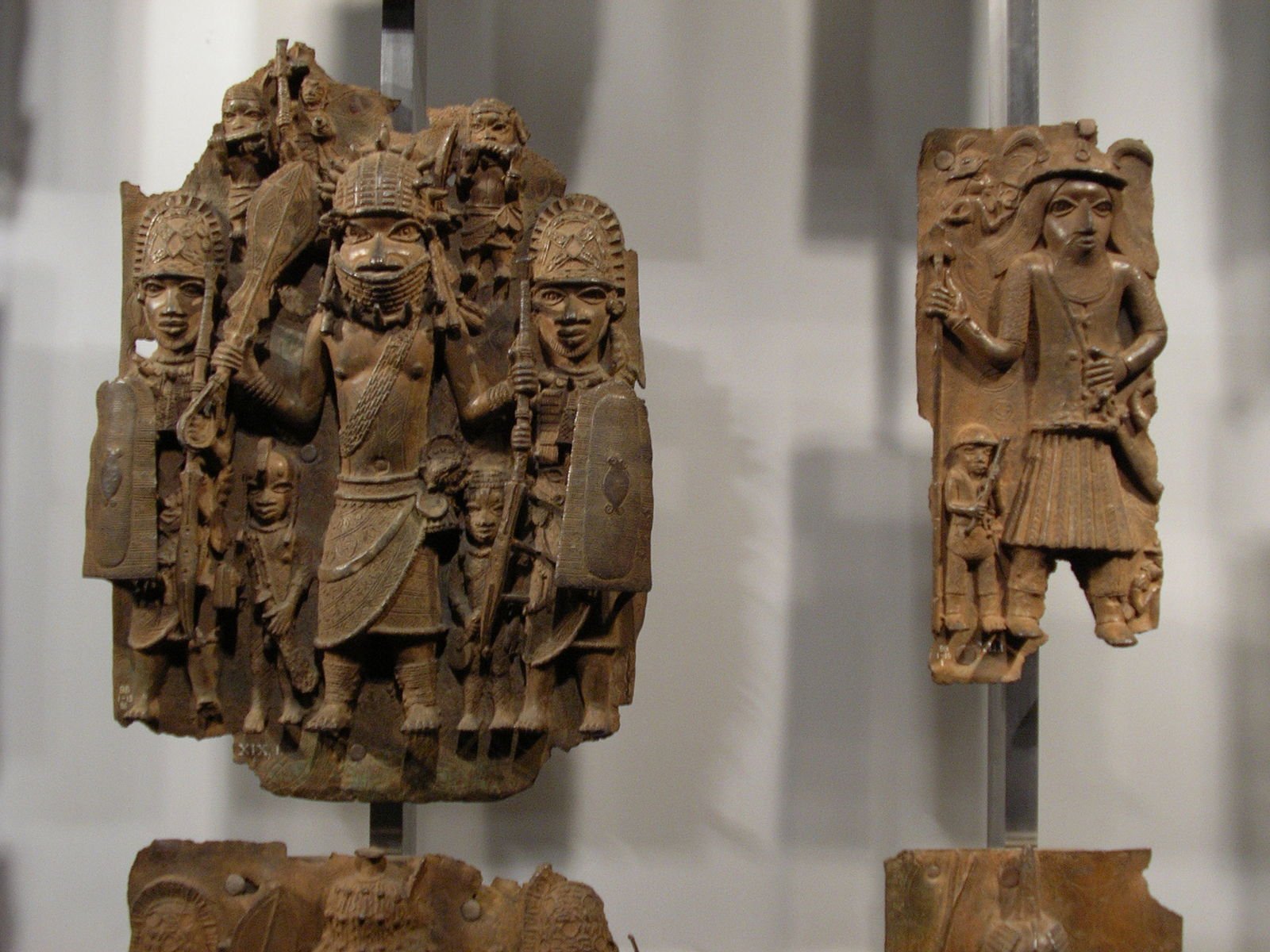
Cresa Pugh
Cresa Pugh is an Assistant Professor of Sociology at the New School for Social Research and Eugene Lang College of Liberal Arts at The New School. Her research examines the social and political legacies of imperialism, cultural heritage and museums, and violence in postcolonial Africa and Southeast Asia.
Cresa Pugh is an Assistant Professor of Sociology at the New School for Social Research and Eugene Lang College of Liberal Arts at The New School. Her research examines the social and political legacies of imperialism, cultural heritage and museums, and violence in postcolonial Africa and Southeast Asia. Interrogating the ways in which healing and the reclamation of memory and communal historiographies materialize in the postcolonial context, Cresa’s research fundamentally explores the logics of restitution, refusal, and repair. Her work also engages questions around the ethical stewardship of human remains warehoused in museums as well as the theft of indigenous lands by public institutions and calls for their repatriation to native communities. Cresa holds a BA in Anthropology and Religion from Bates College, an MSc in Migration Studies from the University of Oxford, and an MA and PhD in Sociology and Social Policy from Harvard University.
As a GIDEST fellow, Cresa will work on a project entitled “Guardians of Beautiful Things: The Politics of Postcolonial Theft, Refusal, and Repair,” which examines historical debates surrounding the imperial looting of cultural artifacts housed in Western museums, contemporary restitution efforts, and the significance these issues have for our broader understanding of the making and endurance of empire in modern life. Using the case of the Benin bronzes from modern-day Nigeria, the project examines how the looting of these antiquities by British forces, their appropriation in UK museums, and recent struggles over restitution between the Nigerian and British governments helped define British imperial status in Africa, extend neocolonial logics of power between the nations, and, now, threaten to undermine contemporary British cosmopolitan identity.


